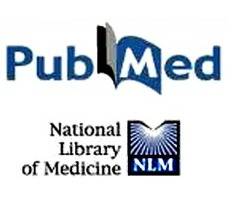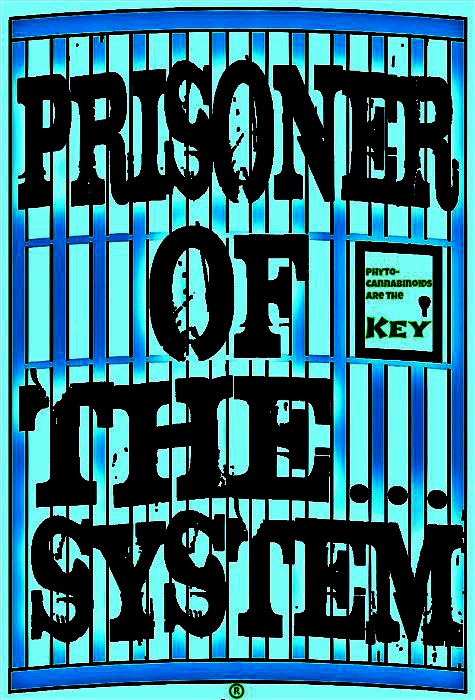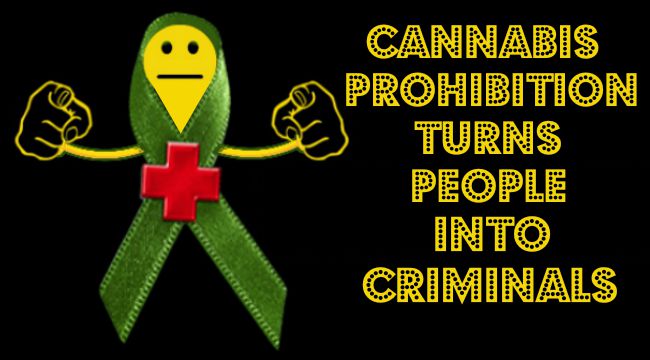Am Rev Respir Dis. 1975 Sep;112(3):377-86.
Abstract
 After experimental induction of acute bronchospasm in 8 subjects with clinically stable bronchial asthma, effects of 500 mg of smoked marijuana (2.0 per cent delta9-tetrahydrocannabinol) on specific airway conductance and thoracic gas volume were compared with those of 500 mg of smoked placebo marijuana (0.0 per cent delta9-tetrahydrocannabinol), 0.25 ml of aerosolized saline, and 0.25 ml of aerosolized isoproterenol (1,250 mug). Bronchospasm was induced on 4 separate occasions, by inhalation of methacholine and, on four other occasions, by exercise on a bicycle ergometer or treadmill. Methacholine and exercise caused average decreases in specific airway conductance of 40 to 55 per cent and 30 to 39 per cent, respectively, and average increases in thoracic gas volume of 35 to 43 per cent and 25 to 35 per cent, respectively. After methacholine-induced bronchospasm, placebo marijuana and saline inhalation produced minimal changes in specific airway conductance and thoracic gas volume, whereas 2.0 per cent marijuana and isoproterenol each caused a prompt correction of the bronchospasm and associated hyperinflation. After exercise-induced bronchospasm, placebo marijuana and saline were followed by gradual recovery during 30 to 60 min, whereas 2.0 per cent marijuana and isoproterenol caused an immediate reversal of exercise-induced asthma and hyperinflation.
After experimental induction of acute bronchospasm in 8 subjects with clinically stable bronchial asthma, effects of 500 mg of smoked marijuana (2.0 per cent delta9-tetrahydrocannabinol) on specific airway conductance and thoracic gas volume were compared with those of 500 mg of smoked placebo marijuana (0.0 per cent delta9-tetrahydrocannabinol), 0.25 ml of aerosolized saline, and 0.25 ml of aerosolized isoproterenol (1,250 mug). Bronchospasm was induced on 4 separate occasions, by inhalation of methacholine and, on four other occasions, by exercise on a bicycle ergometer or treadmill. Methacholine and exercise caused average decreases in specific airway conductance of 40 to 55 per cent and 30 to 39 per cent, respectively, and average increases in thoracic gas volume of 35 to 43 per cent and 25 to 35 per cent, respectively. After methacholine-induced bronchospasm, placebo marijuana and saline inhalation produced minimal changes in specific airway conductance and thoracic gas volume, whereas 2.0 per cent marijuana and isoproterenol each caused a prompt correction of the bronchospasm and associated hyperinflation. After exercise-induced bronchospasm, placebo marijuana and saline were followed by gradual recovery during 30 to 60 min, whereas 2.0 per cent marijuana and isoproterenol caused an immediate reversal of exercise-induced asthma and hyperinflation.
- PMID: 1099949
- DOI: 10.1164/arrd.1975.112.3.377
- [Indexed for MEDLINE]
-
Publication types, MeSH terms, Substances
Publication types
MeSH terms
- Adult
- Animals
- Asthma/diagnosis
- Asthma/drug therapy*
- Bronchodilator Agents*
- Cannabis/therapeutic use*
- Clinical Trials as Topic
- Humans
- Isoproterenol/therapeutic use
- Male
- Methacholine Compounds/antagonists & inhibitors
- Middle Aged
- Physical Exertion
- Phytotherapy*
- Rabbits
- Spirometry
Substances



